Maritime Language Explained
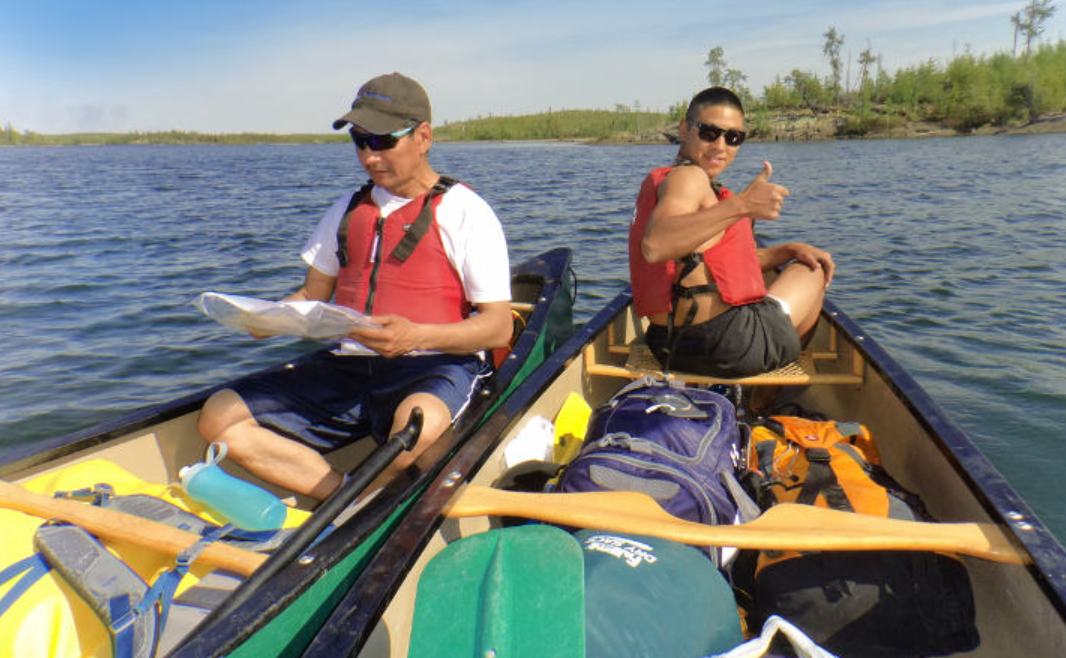
The evolution of recreational boats, which continues to this day, has used terminology that was, before the advent of flight, the largest and most technically complicated means of transport. The language of the sea came from men isolated from normal life. The expressions used to communicate further alienated them from landsmen. Even when ashore, they used nautical terms for everyday things, so expressions from the marine heritage worked their way into language everywhere, especially as boats moved around the world, providing expressions like “make amends” and “know the ropes”.
English nautical terms are derived from three sources: the human body, superstition and the historical roots of various foreign dialects. Our language is continually changing; a word that meant one thing in the past now may mean something totally different.
Words used today come from all periods of marine history, from papyrus rafts in 3400 BC to Egyptian undecked reed boats of 2600 BC. In early Egyptian times, water was carried in animal skins. Later, skins were used to keep water out of boats. This usage of animal body parts was obviously the root of words, still used every day in boat building, e.g. words such as ribs — frames, once futtocks.
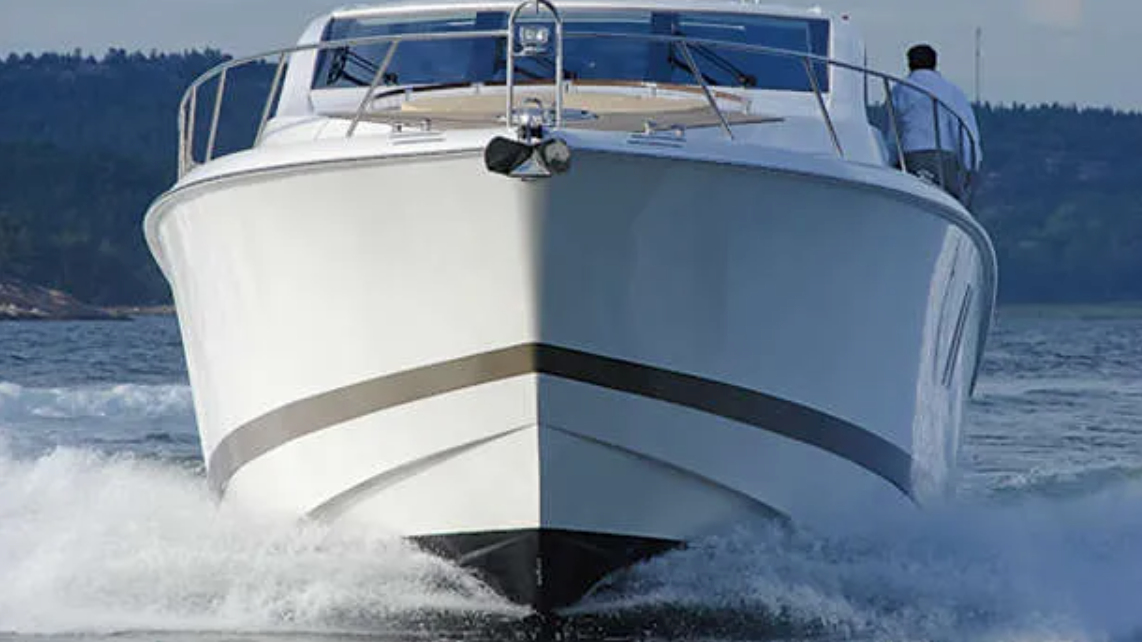
An Historical Perspective
Bow, this interesting little word still used in today’s vernacular, came from bough, and simply means bent or part round. The ribs for example, the spine, from Latin Sternum (base of the spine) “Stern.” In 400 AD the Vikings used the keel or “Calae” meaning beak in Old English. To steer a boat, an oar was used over the stern; “ror” in Old Norse was the act of rowing, which spawned the word rudder.
Starboard is from the same source. The oar was always on the right hand side of the boat. Port was not a nautical word but the gate to an avenue. Because many early cities were built on the water’s edge, the gate the ship came through was a port. Latin Portare as Portunus was a Roman god. One of the oldest words still in correct use today is porthole.
Sticking with the letter p, the word for propeller came from the ancient word pelt. The Latin meaning was to strike by throwing, pultare, gave us pulsation, impel, pellet, and propel. That odd word Plimsoll was introduced as a result of British M.P. Samuel Plimsoll bringing in the Shipping Act in 1876.
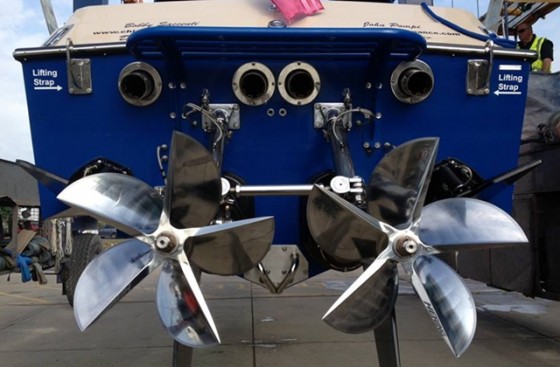
Did you know that a kayak in its strict meaning applies to the boat only when occupied by a man? It is called a Umiak when a woman uses it. It is thought by some that the word came from the Arabic ‘caique’, a name given by explorers but unlikely, as all Eskimo and Greenland dialects use the same term.
Deadmen Tell no Tales
About 600 AD fore and aft lateen sails replaced square sails. Sail came from a Teutonic word Segl and has since just been spelled differently. A virtual plethora of words were needed to cover the various ropes and rigging of sailing ships. Some are obvious; “shrouds” for example, others not; “deadmen” are untidy rope ends, hanging over the side. A “dingbat” is a small rope for drying the deck. Marl was a word meaning “to tie;” one then gets carline, all the way back from the Pharaohs’ boats, where timbers were traditionally tied together.
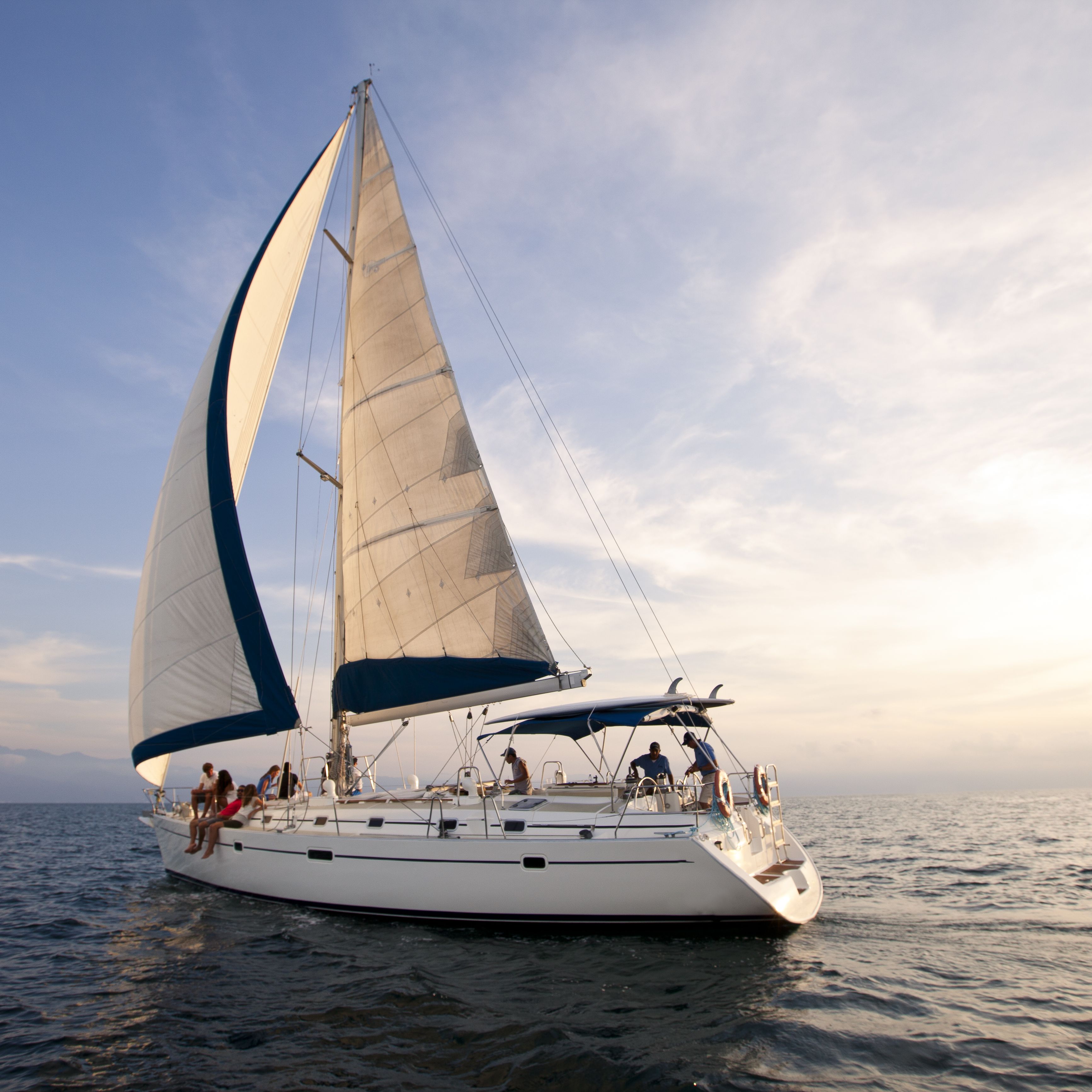
About 1200 AD the maritime nations were warring on the seas, but before the advent of cannon, so they built towers onboard for height from which to shoot the long bow. The bow tower was called the fore castle, subsequently foc’sle. Archers would hold up two fingers and gesture at the enemy, indicating that they had not been captured, for if they were, often their fingers were cut off, so that they could never fire a long bow again.
Also related to war were the guns; the “gun” deck, combines with “whale” strake, or board to rub against whales, to produce “gunwale” which in time was given an alternative spelling, gunnel. Perhaps it’s “hogwash.” This was an old name for the sea itself, but also means that there is no truth in it.
Captain comes from Capo, ‘kaput’, meaning head, then the French put their romantic language to it and it became capitaine. There well may have been little truth at sea, but to keep order and discipline on any reasonably sized ship at sea, there was a “boatswain,” a term that became shortened over time, to bosun. A warrant officer, a bosun’s badge of office was his pipe or whistle worn around his neck. Interestingly he was the only person aboard for whom whistling was deemed to be safe. Seamen considered the bosun to be a mate of the devil or Davy Jones. To encourage fear and a desire to work, bosuns carried a cherriliccum, a cane covered with the cured sheath of a bull.

Superstition ruled that to whistle when aboard was to court trouble, ‘whistling up the wind’ was believed to literally bring a storm onto the ship. The expression though, meant something else: it was to raise money for shore leave.
Musical Influence
The use of music (not whistling) influenced maritime terms. “Transom” comes from the Latin ‘transtrum’; trans (across) strum (strings or stringers). “Fiddles” derived from fiddle strings; originally, fine cords were passed through frames on tabletops to keep dishes from sliding in heavy seas.
Some names are simple and can be worked out, if one puts a mind to it, but it’s just as easy to get meanings wrong. Hawse, from the sixteenth century Norse = hales = neck; “Beam” came from fire/wood, i.e. fire came from wood burning which produced a ray of light (a beam) vis-à-vis a tree plank, however in German there is buc and balkr, belly, lump or clod, balk of timber? Hence the word “bulkhead” and the word “buoy,” originally a baulk, tied to a rock in the Thames under Henry VIII’s pilotage charter.
“Bilge” comes from the French, “boulge, which means cask. “Chine” is from the French, “eschine”/spine, which was originally chime, the rim of a cask. “Scupper” also has French origins, “escopir,” meaning “to spit out.” Think about this one: a “chandlery” was once simply a candle shop

Expressions used in everyday speech came from circumstances at sea. A “donkey’s breakfast”’ came from when a seaman’s mattress made of straw was tipped over. A “son of a gun” was a seaman born at sea, usually between the cannons because deck space was always at a premium. A “loggerhead” was a tool for sealing seams, which became handy in a fight, hence the usage today — “at loggerheads.” The word “cannon” comes from the Orient where the first ones were reinforced with cane. However, in Greek the word for reed was “kanne.”.
Superstition and Ships
Superstition had much to do with words relating to ships on the sea. In the term “maiden voyage,” the second word comes from the Latin, “viaticum,” the act of traveling. The first word comes from Greek mythology where the waters were ruled by Neptune and the wind by Aeolus. Before launching a new vessel, a maiden was sacrificed to appease these gods and her head was placed on the bow as a sign that a soul had entered the ship. In time, maidens were no longer sacrificed and a carved figurehead became the sign.
Ballast, which was cut from stone and used to provide keel weight, was considered to belong to Davy Jones. It was believed that at any time he might want his property back, so it was important to appease him. As told in Greek myths, the vengeful Kronos used a sickle to turn his father into a eunuch and threw his father’s scrotum into the sea. It was therefore important to launch a boat with due ceremony and name it accordingly. A case for example where there was no ceremony and a name less than pleasing to the gods…Titanic.
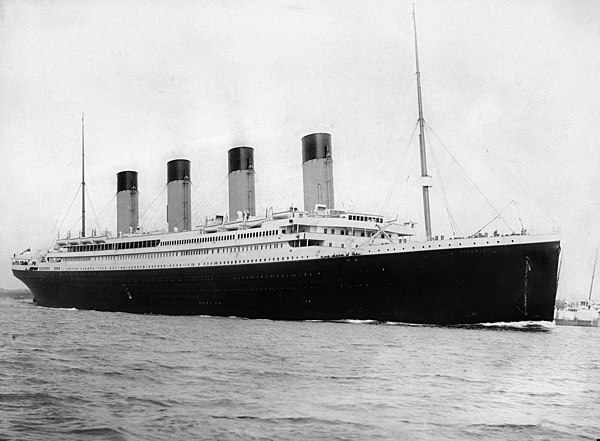
More Terms
Here is the entomology of more words: “Galley” from the Latin “galea” or “galera,” meaning prison. “Limber” from lumiere meaning light hole. “Lazarette” from Italian, meaning pest house or quarantine. In 14th century English, “Davit” was construed from David because tools and machines in those times were given Christian names. Capstan may have come from Barcelona, at the time of the crusades, from “cabra and estante” the standing goat.
“Fathom” came from the Latin “faethm,” meaning “stretched out arms,” a fathom being two arm widths or an embrace. Draft is a misspelling of “draught,” which means “to draw water from.” A “cleat” was originally a small wedge of wood fastened to the side of a mast so that its thickness would stop rings from slipping down. Mast is a derivative of Maest, Dutch Mesten and German Masten. The boom was a doublet of beam and/or amative of a sound of the pull of air, however Dutch baum = tree. “Log,” an item tossed over the side of a boat then timed as it floated by, to give a speed. Later, a spinner towed behind, patented by the Dutch.
A book recorded speeds, then depths for cartography and became a ship’s log. Bollard comes from the Norwegian for puller, Dutch and Danish poller, polder, pollard, hence bollard. A “black box” is a recording device for aircraft and some vessels. Originally it was for notations of savings against the devil, a sort of good deed collection box.
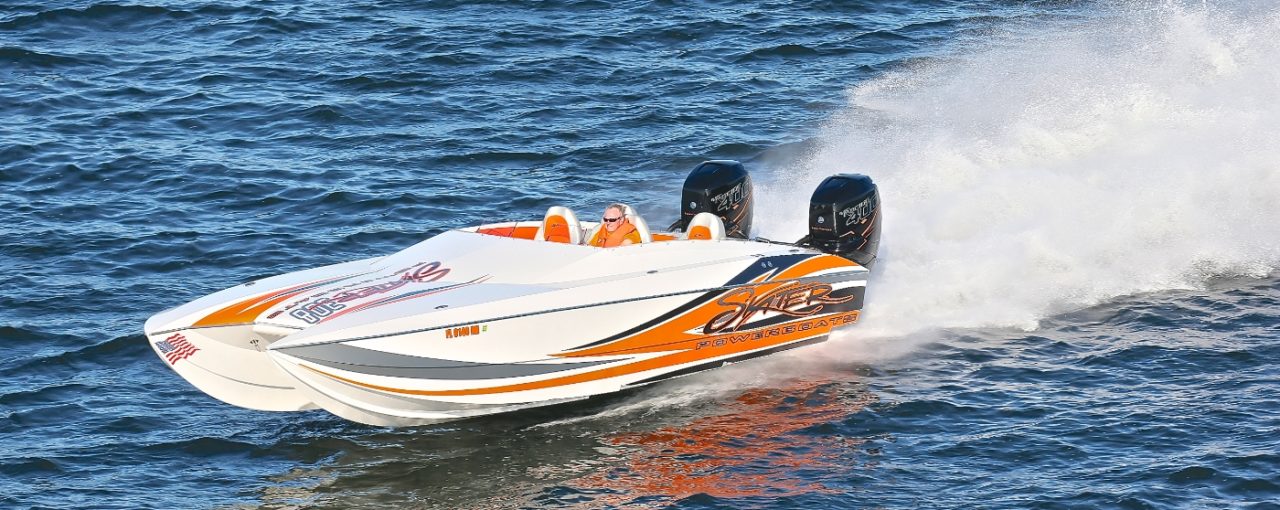
Catamaran comes from the Tamil language, from “katta,” to tie, and “maram,” wood. Interestingly the cat was the name of the purchase by which the anchor was hoisted before the days of the stockless anchor, and the name of a certain whip used on sailors. Coal-carrying ships were known as “colliers,” and as “cats” (even though they were monohulls). Captain James Cook’s Endeavour, in which he came to New Zealand, was a converted collier.
Words can have several meanings, and the number of terms applied to the marine life is huge. Take a look at “The Oxford Companion to Ships and the Sea” for other fine nautical terms.